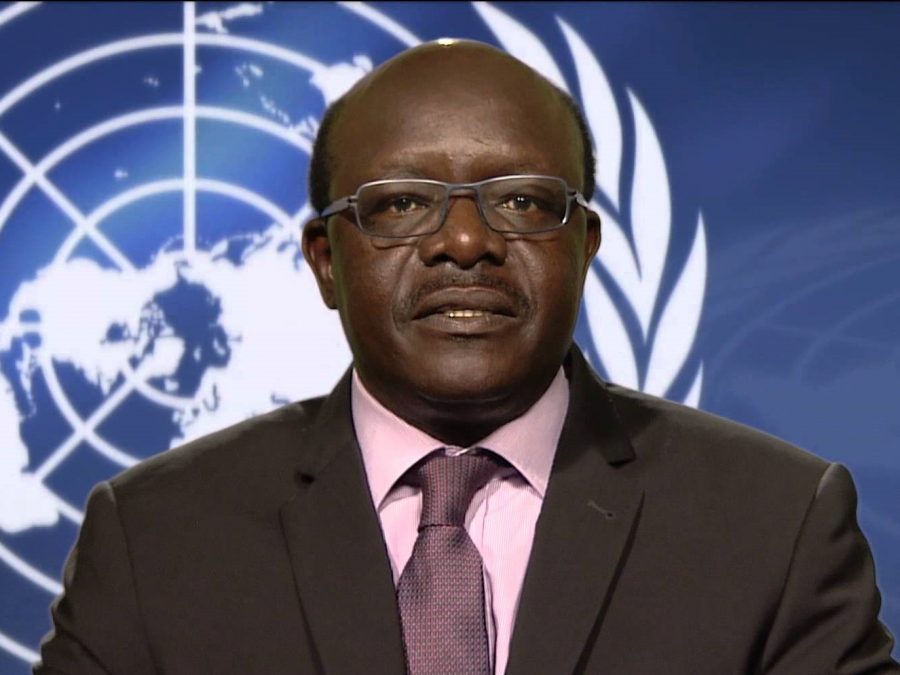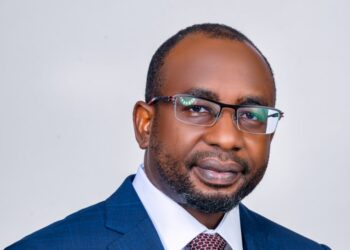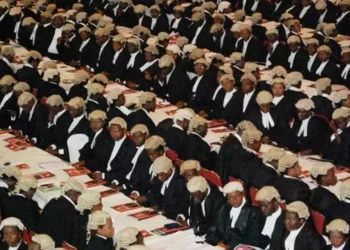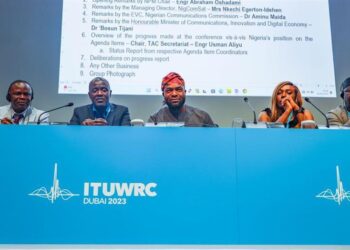Nigeria has emerged as one of the top four countries that accounted for 60% of digital entrepreneurial activities in Africa. This is according to the 2019 Digital Economy Report released by the United Nations Conference on Trade and Development (UNCTAD).
Nigeria made it alongside Egypt, South Africa, and Kenya. Other countries like Ghana, Morocco, Senegal, Tunisia, Uganda, and Tanzania made up 20% while the remaining 44 African countries contributed a combined 20%.
Cities like Lagos, Accra, CapeTown, and Nairobi, began digital entrepreneurship earlier than other African cities, and as a result, they lay claim to more diverse digital enterprises. This reflected in the ratings of the countries with such cities.
[READ ALSO: Phillips Consulting to hold webinar on digital transformation]
Why this matters: According to the report, some of the challenges facing digital entrepreneurship on the continent include limited entrepreneurial knowledge, limited access to finance, and lack of a highly skilled workforce such as developers, designers, and data scientists.
Another challenge surrounding the African market is the fact that Africans invest more in physical assets than their foreign counterparts.
In light of this, digital entrepreneurs are unable to compete with global giants in markets they already dominate. In some cases, very successful ones are often acquired — case in point is the acquisition of ROK Studios by Canal+.
More details: The report also highlighted top players in the global digital space, many of which came from America such as Microsoft, Apple, Facebook, Alphabet, Amazon, Twitter, Uber, eBay, Lyft, Netflix, and PayPal, amongst others.
What you should know: The UNCTAD first-ever Digital Economy Report was released to provide an update on the global digital economy. The report examined the development implications of the growing role of digital platforms while using data from statistical bodies of various countries. Their data was also based on annual survey questionnaires on the ICT sector and ICT usage sent to UN member states.
[READ ALSO: EFCC and other anti-graft agencies demand speedy repatriation of stolen funds]























